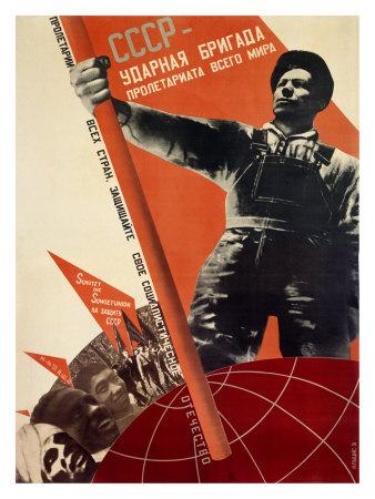Links to the old web pages of KKE
Contribution of the KKE at the International Conference of the Communist Party of Bohemia and Moravia

A delegation of KKE, headed by Makis Papadopoulos, member of the CC of the KKE and responsible for the Ideological Committee of the CC, participated in the International Conference organized by the CPBM in Prague on 23-24 May. Below we publish the contribution of the representative of the KKE regarding the examination of the experience from the socialist construction in the 20th century
In our opinion, the elaboration of a contemporary revolutionary political line by the Communist Parties requires all parties to examine the course of socialist construction in the 20th century and draw conclusions from it. The KKE continues the systematic effort to study the contradictions, the deviations committed under the pressure of the negative correlation of forces and the major objective difficulties in general.
History has confirmed that during this long-term transition from the capitalist society to the developed communist society, the policies of the revolutionary workers’ power prioritize the extension, deepening and the complete domination of the new social relations based on the laws of the communist mode of production. Nevertheless, as history demonstrated, the ability of the communist party to fulfil its revolutionary guiding role is not given; it changes over the course of time.
Up until World War II, a systematic effort was made in the USSR for the socialist production and distribution to prevail, based on scientific central planning and the abolition of the capitalist relations of production.
The class struggle which led to the abolition of exploitation was being carried out with success, in general. Impressive results were achieved concerning the growth of social prosperity. The immense economic and social development that took place in conditions of the first historical attempt of socialist construction proved the superiority of the communist relations of production.
After the World War II the struggle entered a new phase. The Communist Party was faced with new demands and challenges regarding the development of socialism-communism. Certain forms of private and group ownership that served as the basis for the perpetuation of the commodity money relations continued to exist in the USSR. In addition, forms of capitalist ownership had survived in several European states that joined the socialist camp after the war.
The inner-party struggle that had taken place for several years before the 20th Congress of the CPSU, resulted -due to the theoretical shortcomings of the more consistent revolutionary current- in the prevalence of the opportunist positions of the market proponents who claimed that the law of value is a socialist law and can be utilised in order to tackle the problems of socialist economy.
The implementation of financial reforms in the 1950s and the 1960s led to the weakening of central planning, to the strengthening of collective forms of private ownership, to the reinforcement of contradictions between the cooperatives and the socialised production, to the reinforcement of income differentials.
Thus, the social forces that sought to impede the expansion of the communist relations of production were strengthened. A social force was formed (executives in state production and in cooperatives, a section of farmers in cooperatives) that initially hindered the socialist construction. As a result of the enrichment, of the embezzlement of the social product, the black market the shadow capital was formed and sought its legal functioning. Its owners became the main force of the counterrevolution and had a corrosive influence on the party. The remaining consistent communist forces did not manage to organize in good time a revolutionary response of the working class. History has confirmed the importance of each CP’s perception on central planning.
Central planning is a scientific law of communist production; it is a social relation which is determined by the social ownership over the means of production. In the period of immature communism it is not possible to eradicate all remnants of the previous mode of production. The material conditions have not been formed so as to realise the principle “from each according to his abilities, to each according to his needs.”
Initially there remain forms of private and group ownership that constitute the basis for the existence of commodity-money relations and the perpetuation of social inequalities. The working class acquires gradually and not in a unified way the ability to play an essential role in the organisation and the execution of production.
In this phase it is necessary to safeguard the socialisation of the means of production in industry and trade, the socialisation of land and agricultural enterprises. In addition, the labour power must cease being a commodity.
The complete domination of the laws of communism requires that the immature features which characterise the lower stage of communism be overcome.
For that reason, the whole period of socialist construction is a period of social revolution, a course which is characterised by the necessity of the conscious planned struggle to eradicate these elements of immaturity.
Certain CPs that are in power in the new conditions of the 21st century prioritize the relaxation of central planning and the strengthening of commodity-money relations in order to deal with the contemporary economic problems in their countries. The KKE considers that this choice has paved the way for the overthrow of socialism in the USSR.
Nevertheless, the counterrevolutionary overthrows in the 1990s do not alter the character of our era. They provide lessons as to how the transition from capitalism to socialism will be carried out more decisively and consciously.
25.05.2015







